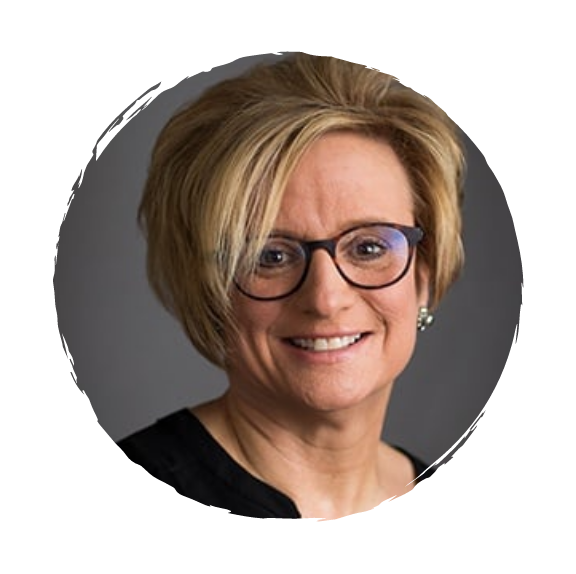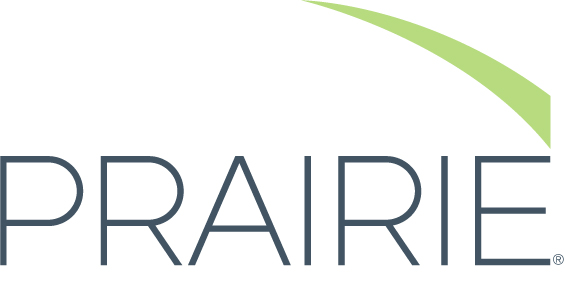
Introduction:
This week, Paul Downs, Liz Picarazzi, and Jaci Russo discuss how they review employees and how they make the hard calls when someone is right on the cusp. The conversation starts with a couple of tricky situations that Paul is trying to think through and then progresses through several other issues. For example, do you use personality tests to avoid or resolve personality conflicts? Paul, Liz, and Jaci have very different takes on Myers-Briggs and the like. Do you make sure no one is ever surprised by a negative review? Do you keep mediocre performers even when you find someone who might be better? “I need to go shut the door before I say this,” Paul tells us. “I forgot to do it.” Plus: Jaci finds a use for ChatGPT. Liz may have found an alternative manufacturer in an unexpected country. And a business owner asks whether he should report a competing company that is endangering its customers and employees. Should he report them even though he believes he would face retaliation?
— Loren Feldman
.png)






